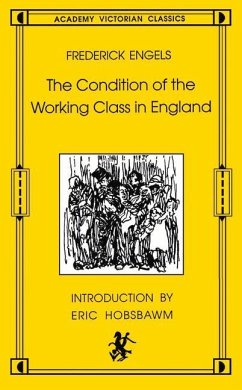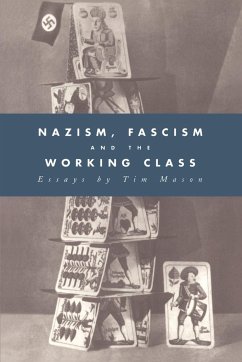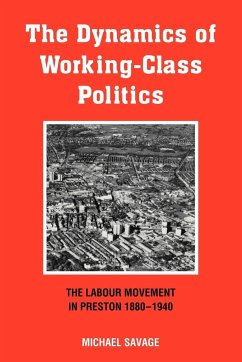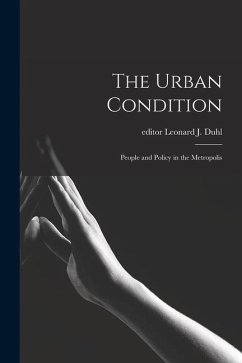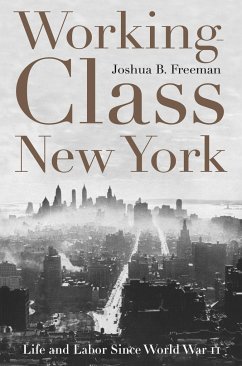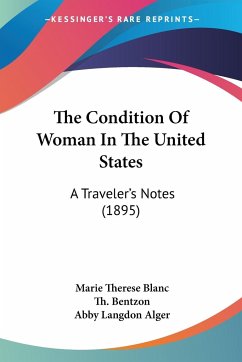
The Condition of the Working-Class in England in 1844
With Preface Written in 1892
Versandkostenfrei!
Versandfertig in 1-2 Wochen
44,99 €
inkl. MwSt.
Weitere Ausgaben:

PAYBACK Punkte
22 °P sammeln!
Frederich Engels (1820-1895) was a German businessman and political theorist renowned as one of the intellectual founders of communism. In 1842 Engels was sent to Manchester to oversee his father's textile business, and he lived in the city until 1844. This volume, first published in German in 1845, contains his classic and highly influential account of working-class life in Manchester at the height of its industrial supremacy. Engels' highly detailed descriptions of urban conditions and contrasts between the different classes in Manchester were informed from both his own observations and his ...
Frederich Engels (1820-1895) was a German businessman and political theorist renowned as one of the intellectual founders of communism. In 1842 Engels was sent to Manchester to oversee his father's textile business, and he lived in the city until 1844. This volume, first published in German in 1845, contains his classic and highly influential account of working-class life in Manchester at the height of its industrial supremacy. Engels' highly detailed descriptions of urban conditions and contrasts between the different classes in Manchester were informed from both his own observations and his contacts with local labour activists and Chartists. Extensively researched and written with sympathy for the working class, this volume is one Engels' best known works and remains a vivid portrait of contemporary urban England. This volume is reissued from the English edition of 1892, which was translated by noted social activist Florence Kelley Wischnewetzky (1859-1932).






